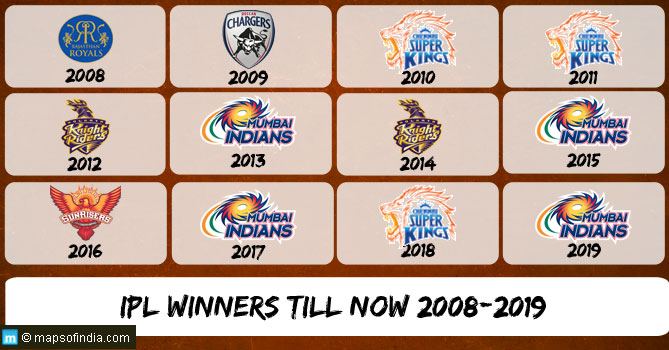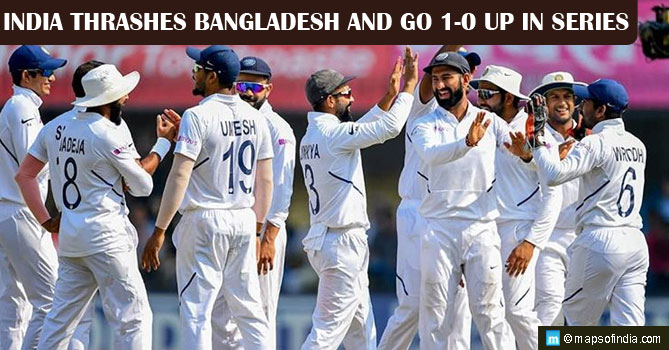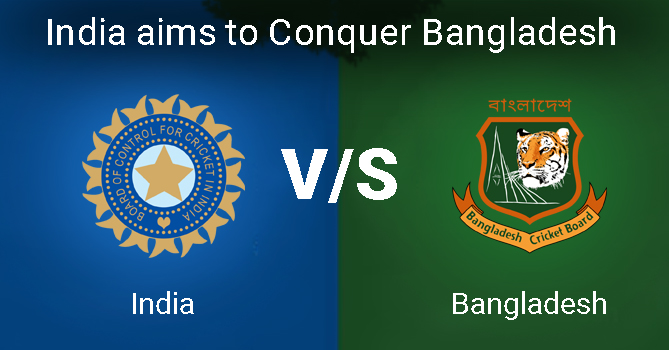All countries have a dark period in their history where human rights are denied to certain sections of the population and everyone suffers because of it. For South Africa, that age was Apartheid when the national government followed a politics of complete segregation against the indigenous African population as well as anyone who was not Caucasian and this made an indelible impact on the country’s cricket as well. South Africa faced international sanctions from 1970s to 1991 when its cricket team was not allowed to participate in international matches and its players had to either eke out a living by representing other countries like Australia or England or play overseas cricket in England and wait for the sanctions to be lifted.
This took away the prime years of some of the best cricketers such as Barry Richards, Graeme Pollock, Clive Rice, Mike Procter, Garth le Roux, Peter Kirsten, Kepler Wessels, Eddie Barlow, and Peter Pollock. Cricket fans, all over the world, were unable to see these magnificent athletes at their prime. It was only in 1991 when South Africa returned to the international fold that a couple of players like Wessels, Kirsten and Rice were able to show what they were made of.
Back then, the selection of someone like Omar Henry, a capable off spinner, for the national team was a major issue, I guess, because he was an African origin player and not because of factors like the turn and the loop that he got on the ball. A similar situation has happened recently with the present assistant coach of the national team Russell Domingo – in a recent interview that I read on the web he hoped that the fact that he was a non-white person was not the major highlight of his elevation to national coaching honors.
The team still experiences the same issues nowadays – I remember reading in article that a player like Ashwell Prince offered to walk out of the team if the color of skin was the reason behind selection. I think there are many players who felt the same when the color of their skin was highlighted and not how well they had performed in domestic cricket to get the coveted spot in the national team.
Till a few years ago, the South African national teams as well as the provincial teams had to meet a quota of ‘x’ number of non-white players in the team. I still remember how Justin Ontong replaced Jacques Rudolph in the third test of the series against the Aussies in Sydney, 2001. Nowadays the quotas are not there in the national team and in the provincial set-up they have been replaced by targets.
What needs to be understood by both the administrators and the media is that the people who are the feeling the brunt of such representative selection are the non-white players themselves and also the white players. Several quality Caucasian origin players such as Kevin Pietersen, Jonathan Trott, Neil Wagner and Grant Elliott have fled the nest.
I believe that the present team would have been really benefited with the presence of the first three among the ones I have named. I remember Wagner had stated quite clearly that the main reason he moved countries was because he was not sure he will be getting enough opportunities. Even though he later withdrew the comment his statement reflects the state of selection in this country.
The administrators have to understand that what has happened in the past has happened and it cannot be undone with quotas and targets to make sure the non-whites are getting the chances at the higher level. What the non-white population needs are equal opportunities like proper training, nutrition, education at the very beginning. They should be equipped well enough so that they can compete on an equal footing and earn their place on merit and not because they are black or brown.



